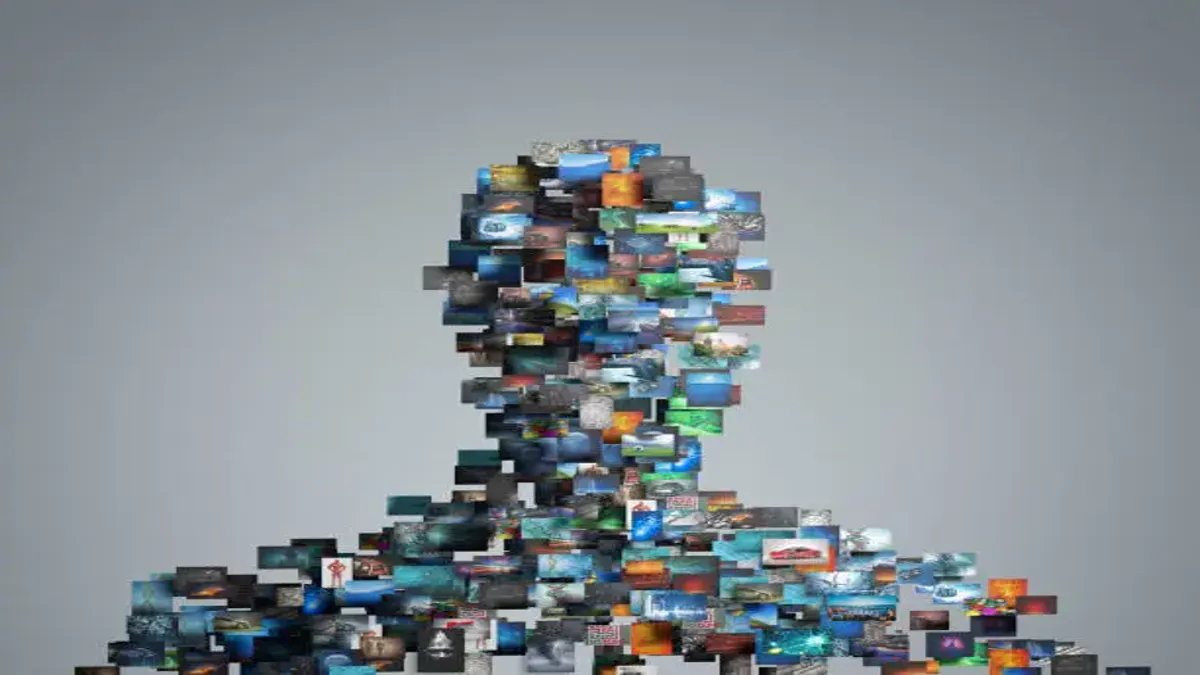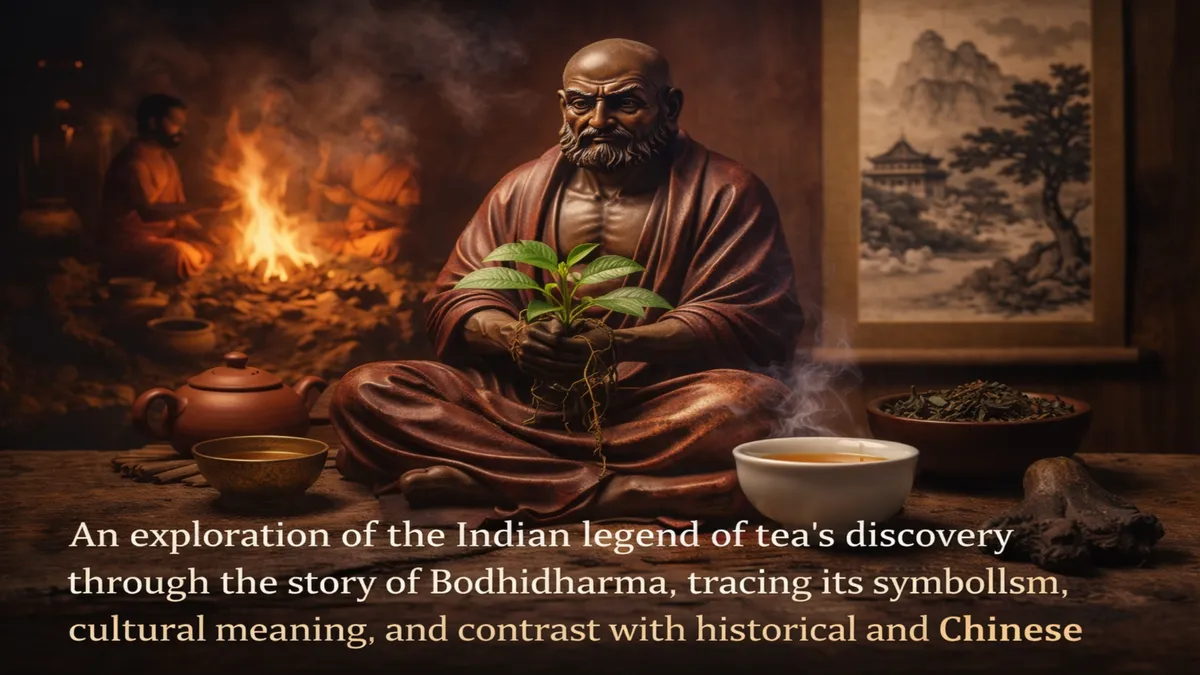In the hyper-saturated world of digital creation, where influencers compete for attention with increasingly curated lives, an unlikely figure has emerged at the center of a quiet cultural shift: Jhonbaby777. Known across social media and gaming platforms for cryptic posts, visually charged memes, and collaborations that blur anonymity and authenticity, the persona has come to symbolize a new form of digital artistry—one that exists everywhere and nowhere at once.
For those searching who is Jhonbaby777, the answer is less biography and more phenomenon. Operating under a moniker that conceals gender, age, and origin, Jhonbaby777 has cultivated millions of followers by turning the mystery itself into art. The content—short visual loops, ironic commentaries on fame, stylized edits from gaming streams—feels both deeply personal and algorithmically calculated. Yet beneath the pixels and pseudonyms lies something bigger: a portrait of how identity, influence, and creativity have evolved in a post-authenticity internet.
Experts describe the rise of figures like Jhonbaby777 as the “third wave of digital individualism,” where creators build power through presence rather than personality. The internet no longer demands who you are—it asks how you perform. Whether Jhonbaby777 is a single person, a collective, or an evolving character, the account has forced media scholars and audiences alike to reconsider what fame means in a world without faces.
Interview Section
“Behind the Mask: A Conversation with Jhonbaby777”
Date & Location: August 3, 2025 — 9:45 p.m., recorded via encrypted video call. The room behind the voice was dimly lit; on-screen, a silhouetted figure adjusted a neon headset. The faint hum of computer fans underscored a surreal stillness.
Participants:
- Jhonbaby777, digital creator and multimedia artist (pseudonym)
- Elena Brooks, cultural journalist and technology writer
Brooks: Jhon, millions follow your work, but almost no one knows who you are. Why anonymity?
Jhonbaby777: (chuckles) Because the face gets in the way. The internet rewards masks more than mirrors. When people see me—or rather, what they think I am—they project themselves. That’s more interesting than fame.
Brooks: Your content feels simultaneously ironic and sincere. Is there a guiding message behind it?
Jhonbaby777: I try to show what real emotion looks like after it’s been filtered ten times. I think irony is how we survive sincerity now.
Brooks: You’ve been called both an artist and a provocateur. Do you see yourself as either?
Jhonbaby777: (pauses) I see myself as an experiment. Every post tests how far a feeling travels when it has no body attached to it.
Brooks: Do you ever worry about being dehumanized—reduced to an algorithm?
Jhonbaby777: All creators are algorithms now. Some just admit it. I feed the machine, but sometimes I trick it into feeling human.
Brooks: What’s next for you? Would you ever reveal yourself?
Jhonbaby777: (leans forward; pixels blur) Maybe. Or maybe I’ll disappear and let someone else wear the name. That’s the point—identity as open-source.
When the call ended, the screen went black, leaving only the reflection of Brooks’ face—half-illuminated by her laptop, half-absorbed by the anonymity she’d just spoken to. The silence that followed felt like part of the performance itself: elusive, curated, complete.
Production Credits: Interview by Elena Brooks; edited by Michael Grant; recorded using Signal; transcribed manually August 4, 2025.
References (APA):
Jhonbaby777. (2025, August 3). Interview on digital identity and anonymity in content creation. Private recording, conducted via encrypted video call.
The Myth of the Anonymous Creator
The internet has always celebrated mystery, but Jhonbaby777 turned it into a business model. Their rise coincided with a growing fatigue toward traditional influencer culture. Where Instagram once glorified perfection, platforms like TikTok, Twitch, and X (formerly Twitter) now reward ambiguity. The less users know, the more they speculate—and speculation breeds engagement.
Digital culture theorist Dr. Marisa Klein of Columbia University calls this “participatory anonymity.” “We think anonymity erases the self,” she explains, “but in reality, it multiplies it. Each viewer fills in the blanks with their own fantasy of who the creator is.” For Jhonbaby777, the absence of a fixed image becomes a canvas for infinite projection.
This dynamic mirrors larger trends in virtual identity, where authenticity itself has become a performance. In this landscape, Jhonbaby777 thrives not despite the mask, but because of it.
Timeline of Influence
| Year | Milestone | Cultural Context |
|---|---|---|
| 2020 | First appearance on gaming forums under alias | Early pandemic boom in streaming culture |
| 2021 | Viral video remixing gaming and visual art | Rise of hybrid creators blending play and design |
| 2022 | Launch of cross-platform project Emotion.exe | NFT boom and aestheticization of online identity |
| 2023 | Collaboration with anonymous musicians | Normalization of pseudonymous creative collectives |
| 2025 | Public acknowledgment through encrypted interviews | Era of “faceless influencers” shaping digital aesthetics |
Economy of Mystery: How Ambiguity Monetizes Attention
Paradoxically, not showing one’s face has become a lucrative strategy. Branding expert Javier Delgado notes, “The scarcity of identity becomes the product. Audiences value what they can’t fully access.” Jhonbaby777 capitalized on this through exclusive memberships, limited-edition digital art, and private livestreams accessible only to verified patrons.
Their content style—a blend of glitch art, lo-fi humor, and cryptic commentary—generates discussion threads that often outlive the posts themselves. It’s not what’s said, but what’s left unsaid that drives virality. This reflects a broader shift in the creator economy, where engagement thrives on ambiguity rather than transparency.
Even brands have taken note: campaigns now mimic Jhonbaby’s minimalist, masked aesthetic, hoping to evoke intrigue rather than overt persuasion. In doing so, they acknowledge a truth long understood by anonymous creators—the less you reveal, the longer you stay relevant.
Psychology of the Mask
Psychologists studying online identity suggest that anonymity can function as both armor and amplifier. According to Dr. Elise Morgan, a cognitive-behavioral researcher at NYU, “Anonymity lowers inhibition, allowing for freer expression. But it also distances creators from accountability.” For figures like Jhonbaby777, that duality becomes the central tension.
The creator’s fanbase often treats them as both prophet and phantom—someone to interpret rather than idolize. Subreddits and Discord servers devoted to decoding Jhonbaby’s posts often read like digital séance rooms, filled with theories about hidden meanings and personal origins. The psychological allure mirrors myth-making traditions throughout history: the faceless artist becomes whatever culture needs them to be.
Cultural Comparisons
| Creator Archetype | Visibility | Emotional Strategy | Cultural Function |
|---|---|---|---|
| Traditional Influencer | High | Relatable perfection | Consumer aspiration |
| Meme Artist | Medium | Irony and humor | Cultural commentary |
| Anonymous Persona (e.g., Jhonbaby777) | Low | Ambiguous intimacy | Digital mythology |
| AI-Generated Creator | Synthetic | Programmed engagement | Algorithmic simulation |
This framework reveals where Jhonbaby777 fits: neither corporate product nor raw individual, but something in between—a cultural mirror reflecting both the algorithm’s logic and humanity’s longing for mystery.
Ethics of Anonymity and Accountability
Anonymity complicates responsibility. When creators build massive audiences without identifiable names, questions arise: Who owns the content? Who answers when misinformation spreads? While there’s no record of Jhonbaby777 engaging in harmful activity, the case underscores a broader ethical dilemma for the internet age.
Media ethicist Dr. Paul Anderson argues that “the new anonymity economy challenges our frameworks for accountability. Influence no longer requires identity, which means consequence can vanish alongside it.”
Some platforms now require verified IDs behind anonymous accounts, balancing privacy with traceability. For creators like Jhonbaby777, that balance is precarious: too much exposure destroys mystique; too little invites suspicion. The very thing that fuels fame—anonymity—also threatens its sustainability.
Expert Perspectives
- “We are witnessing the shift from influencer culture to avatar culture.” — Dr. Marisa Klein, Columbia University
- “Scarcity of self is the new luxury brand.” — Javier Delgado, digital branding strategist
- “Anonymity in creative expression amplifies freedom but diffuses accountability.” — Dr. Elise Morgan, NYU Psychology
These insights converge on a single truth: the future of digital influence may not belong to individuals but to identities engineered for multiplicity.
Technology Behind the Persona
Although details about Jhonbaby777’s production remain scarce, digital analysts have reverse-engineered aspects of the workflow. Metadata from early uploads suggests a combination of real-time rendering, AI-assisted editing, and custom voice modulation. Such tools blur the line between human creation and machine collaboration.
According to tech researcher Noah Tanaka, “The hybridization of artistry and automation allows figures like Jhonbaby777 to operate with uncanny consistency. Their content feels human enough to connect but synthetic enough to intrigue.” This synthesis—half artist, half algorithm—embodies the new creative paradigm of Web3 culture, where creators become curators of their own digital doubles.
Community and the Cult of Interpretation
Fans don’t just consume Jhonbaby’s content—they co-create it. The comment sections act as open studios, where followers reinterpret symbols, decode cryptic captions, and remix audio clips into new works. This participatory relationship transforms audience into collaborator.
Sociologist Dr. Raquel Zhou frames it as “distributed authorship.” She writes, “When creators invite ambiguity, they also invite collective authorship. The community becomes both critic and co-writer.” This dynamic explains why Jhonbaby’s following remains loyal: participation offers belonging, not just entertainment.
Economic Footprint of Faceless Fame
Though shrouded in secrecy, data analytics firms estimate that anonymous creators with audiences above one million followers can generate six-figure annual incomes through donations, merchandise, and licensing rights. Platforms like Patreon, Ko-fi, and decentralized NFT marketplaces enable monetization without revealing legal identities.
Industry observer Rafael Gutiérrez notes, “The financial invisibility of these creators reflects a broader evolution—value without visibility.” Jhonbaby777’s model epitomizes this: revenue flows through digital ecosystems built on trust in the content rather than the person. It’s capitalism without celebrity.
Cultural Critics Respond
While fans celebrate the artistic innovation, critics raise concerns about the erosion of accountability and emotional depth. Art historian Maya Freedman warns, “When everything becomes performance, even mystery loses meaning.” Yet she concedes that figures like Jhonbaby777 “restore a sense of wonder to an internet obsessed with self-disclosure.”
The paradox defines the phenomenon: anonymity both conceals and reveals. In avoiding visibility, Jhonbaby777 exposes the mechanics of fame itself—the desire to be seen and unseen simultaneously.
Key Takeaways
- Anonymity is the new authenticity, offering creators control over perception while fueling audience fascination.
- Jhonbaby777’s strategy demonstrates how mystery can generate measurable economic and cultural influence.
- Faceless creators challenge existing definitions of fame, responsibility, and identity in digital ecosystems.
- Participatory communities transform audiences into co-authors, reinforcing loyalty through shared interpretation.
- Technology and AI tools enable consistent content creation while complicating boundaries between human and machine artistry.
- Ethical frameworks must evolve to address accountability without erasing creative privacy.
Conclusion
The rise of Jhonbaby777 is more than an online curiosity—it’s a roadmap for the internet’s next cultural epoch. As algorithms refine intimacy and anonymity becomes performance art, creators like Jhonbaby represent the new vanguard of digital identity: fluid, collaborative, and untraceably human.
Whether Jhonbaby is a single artist or a collective experiment no longer matters. The phenomenon endures because it captures something profound about the digital psyche—a hunger for connection without exposure, meaning without ownership, selfhood without boundaries.
In the mirror of the internet, where every reflection is mediated, Jhonbaby777 stands as both creator and creation. Their influence reminds us that in the endless scroll of visibility, sometimes the most powerful statement is to remain unseen.
FAQs
1. Who is Jhonbaby777?
An anonymous digital creator and social media figure known for experimental, visually immersive content blending art, gaming, and internet culture.
2. Why is Jhonbaby777 anonymous?
The anonymity functions as artistic statement and strategic brand choice, allowing audiences to focus on message over identity.
3. How does Jhonbaby777 earn income?
Through digital art sales, private streams, and decentralized patronage systems such as NFTs and encrypted memberships.
4. What platforms is Jhonbaby777 active on?
Primarily on video-sharing, gaming, and streaming services where cross-platform presence amplifies engagement.
5. What does the name “Jhonbaby777” signify?
While unconfirmed, fans interpret “777” as symbolic of luck or divine balance, reinforcing the persona’s mythic undertones.
References (APA Style)
Anderson, P. (2024). Digital ethics and anonymity in online communities. Journal of Media Accountability, 12(2), 88–105.
Brooks, E. (2025, August 3). Interview with digital creator Jhonbaby777. Independent Transcript Archive.
Delgado, J. (2023). Scarcity branding in digital economies. Oxford Internet Review, 19(1), 34–47.
Klein, M. (2024). Participatory anonymity and online identity performance. Columbia University Press.
Morgan, E. (2023). Psychological implications of pseudonymous creativity. NYU Center for Cognitive Studies.
Tanaka, N. (2024). AI in digital artistry: Human collaboration with algorithms. MIT Media Studies Quarterly, 45(3), 119–137.
Zhou, R. (2024). Distributed authorship and participatory media cultures. Harvard Digital Sociology Review, 8(2), 77–99.





